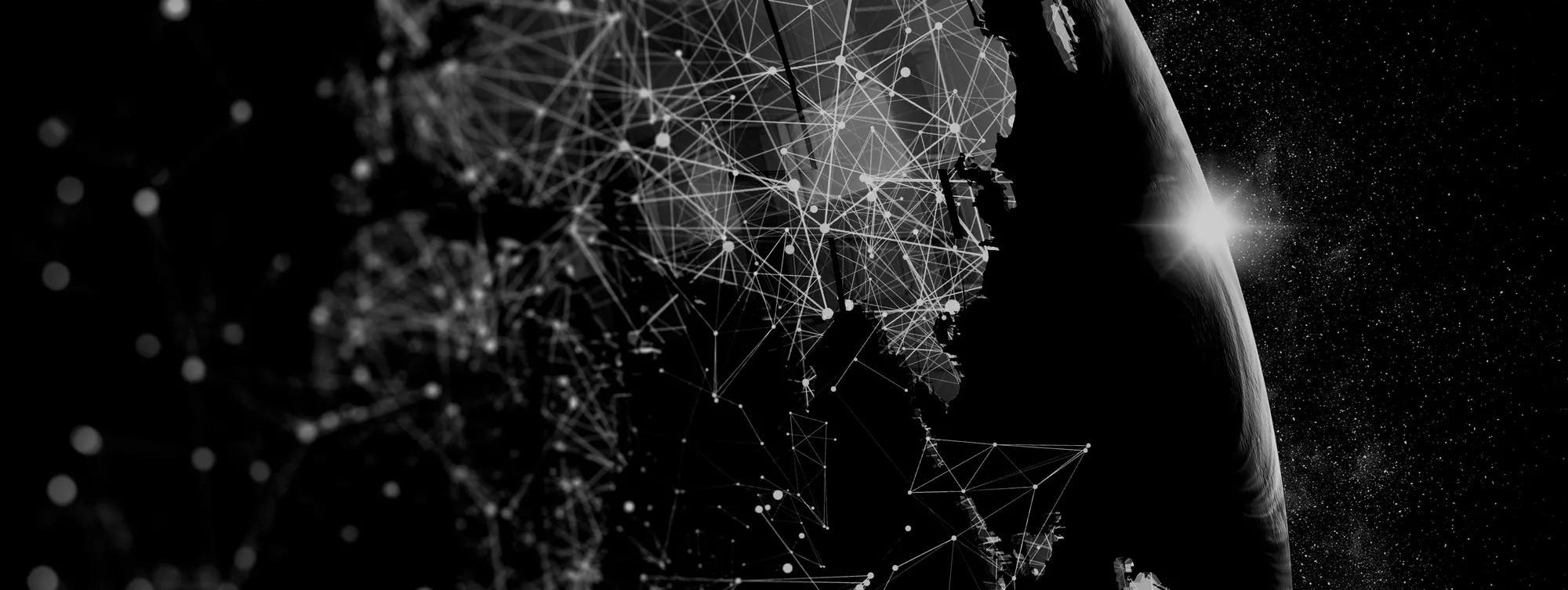Let’s address the elephant in the room:
Tech doesn’t have the best reputation when it comes to sustainability. Between energy-hungry data centers, e-waste mountains, and fast-shipping everything from everywhere, the digital world has left a noticeable footprint. There’s no denying it.
But here’s the plot twist—tech is also one of the most powerful tools we have to protect the planet. So in honor of Earth Day, let’s talk about how the industry is stepping up for real change.
Whether you’re thinking about a career shift or just trying to use your powers for good, the intersection of tech and sustainability is where a lot of exciting progress is happening.
Tech’s role in protecting our earth is bigger than you think
We’re not saying tech can single-handedly save the planet—but it’s definitely a key player. From AI-powered climate models to smart grids and remote sensors, innovative technologies are helping scientists, governments, and everyday people make more informed decisions and reduce their impact.
In other words, tech’s role in protecting our earth is about using the digital world to clean up the physical one. Sounds kind of poetic, right?
Turning numbers into real-world change
Here’s the thing: You can’t solve a problem you can’t measure. That’s where data science and analytics come in. Tech is giving us real-time visibility into everything from carbon emissions to deforestation to ocean temperatures.
For example, climate scientists use machine learning to predict weather patterns and track changes over time—making it easier to prepare for (or ideally prevent) disasters. Cities use sensors and IoT devices to monitor air quality, manage waste, and even time traffic lights to cut emissions. Is it glamorous? No. Is it effective? Absolutely.
If you’re into numbers and want to be on the front lines of climate solutions, our data courses can make this your moment.
Smarter energy with smarter tech
Smart grids, solar optimization, and predictive maintenance for wind turbines—it’s all powered by code. And the people writing that code? They’re shaping how we use (and save) energy around the world.
Software engineers and UX designers are working behind the scenes to make sustainable tech more accessible, more reliable, and yes, more user-friendly. After all, if your solar app crashes every other week, you’re not exactly going to feel great about going green.
Tech also plays a critical role in energy efficiency at scale. Companies are using AI to automate energy use in buildings, factories, and homes—cutting waste without sacrificing comfort or performance. In other words, smart energy isn’t just for your thermostat anymore.
Sustainable design is the new black
Designing for sustainability isn’t just about using fewer pixels. It’s about creating digital products that are efficient, accessible, and built to last. That means streamlined code, low-energy design, and systems that reduce unnecessary load on devices and networks.
It also means applying UX principles to real-world problems: designing apps that help users make eco-friendly choices, or tools that track environmental impact in real time.
UX designers are also the gatekeepers of digital behavior. Good design can nudge people toward greener habits—like reducing waste, conserving energy, or choosing lower-carbon options—without the guilt trip. (We’re looking at you, passive-aggressive thermostat.)
This is where creative thinking meets purpose-driven work—and it’s exactly the kind of career pivot that actually makes a difference.
The green career pivot you didn’t see coming
If you’ve been waiting for a “sign” to switch careers—this is it. The climate tech space is booming, and it needs people with all kinds of skills: coders, analysts, designers, and project managers. You don’t have to be Greta Thunberg with a laptop. You just need the right tech training and a desire to use your brain for good.
Tech’s role in protecting our earth isn’t some abstract concept. It’s real, it’s measurable, and it’s hiring.
Learn skills that matter—for your career and the planet
At GA, we don’t just teach you how to code or design or crunch numbers. We teach you how to use those skills to make a real impact. Whether it’s through our beginner-friendly workshops, career-changing bootcamps, or resume-building courses, you’ll walk away with the knowledge (and the badge) to back up your next career move.
And yes, you’ll also be able to sleep a little better at night knowing your skills might actually help the planet for good.
